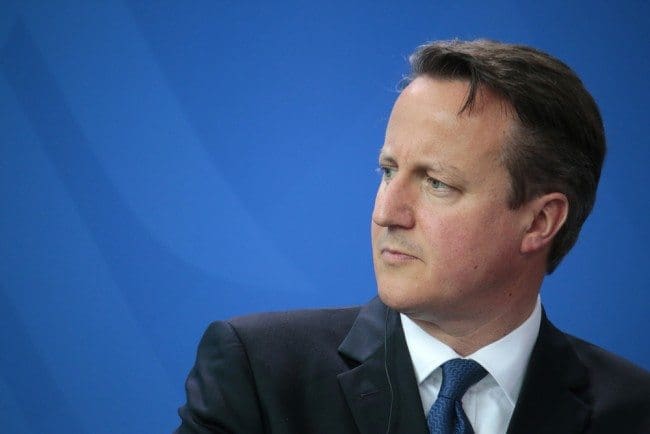He will argue that the welfare system must help people to get good jobs instead of giving them handouts, Sky news reports.
But he will pledge to balance benefit cuts with boosts to the minimum wage and personal tax allowance, as well as providing further childcare support for working families and improvements to education.
The speech to an audience in Cheshire later comes after Chancellor George Osborne and Work and Pensions Secretary Iain Duncan Smith confirmed plans to strip another £12bn a year off the benefits bills.
The changes, which will be announced in full in next month’s Budget, will include capping benefits at £23,000 a year for each family.
Cuts to housing benefit and tax credits are also expected, dashing speculation the promised cuts to the welfare budget would be watered down or delayed.
Labour leadership contender Andy Burnham said it was “disgraceful” that ministers had yet to spell out where the cuts would fall and questioned whether they had a mandate from the electorate.
The shadow health secretary accepted that the welfare bill needed to shrink, but made clear he would oppose any attempt to cut tax credits for the low paid or disability benefits.
Mr Cameron will say later that Britain has been treating the “symptoms” of economic inequality rather than the causes.
“The right track is to recognise the causes of stalled social mobility and a lack of economic opportunity,” he will say.
“Family breakdown. Debt. Addiction. Poor schools. Lack of skills. Unemployment. People capable of work, written off to a lifetime on benefits.
“Recognise those causes, and the solutions follow. Strong families that give children the best start in life. A great education system that helps everyone get on. A welfare system that encourages work – well-paid work.
“These are the drivers of opportunity – and we need to extend them.”
Mr Cameron will accuse Labour of being “complacent” about the issue of low pay.
“There is what I would call a merry-go-round. People working on the minimum wage having that money taxed by the Government and then the Government giving them that money back – and more – in welfare,” he is to say.
“Again, it’s dealing with the symptoms of the problem – topping up low pay rather than extending the drivers of opportunity – helping to create well paid jobs in the first place.
“We need to move from a low wage, high tax, high welfare society to a higher wage, lower tax, lower welfare society.”


